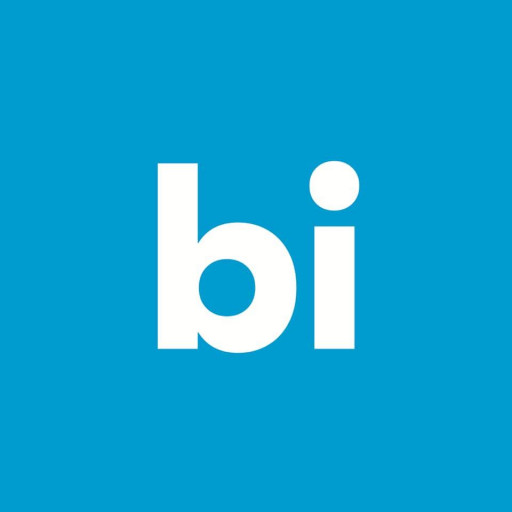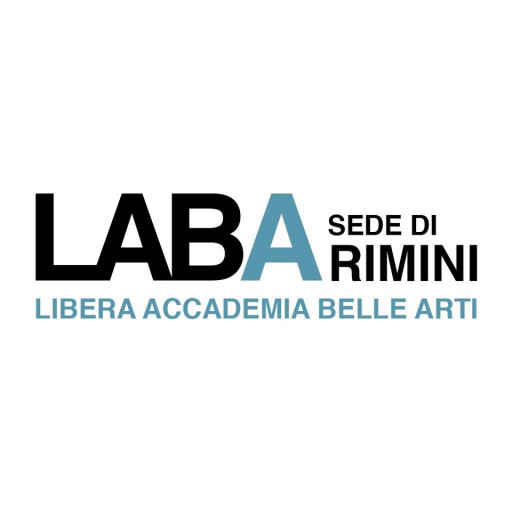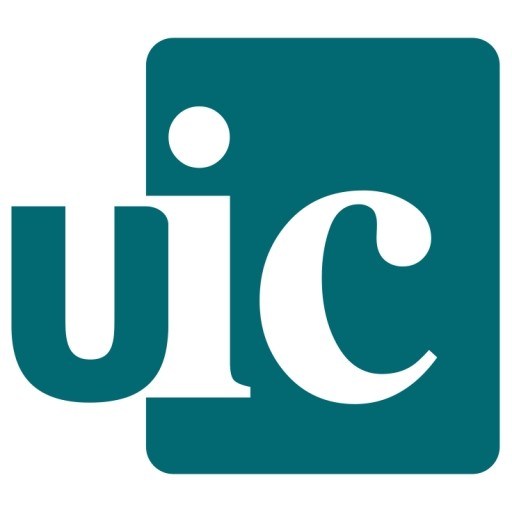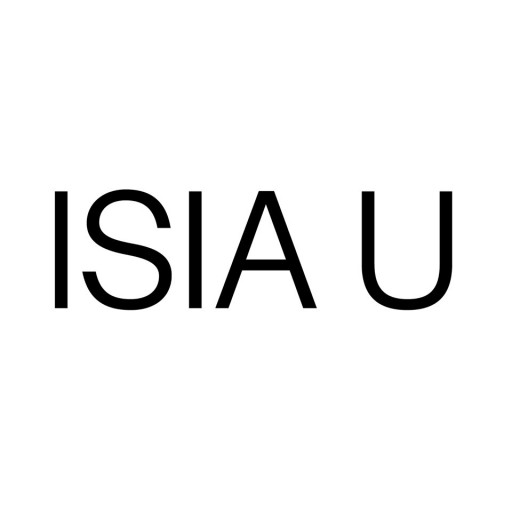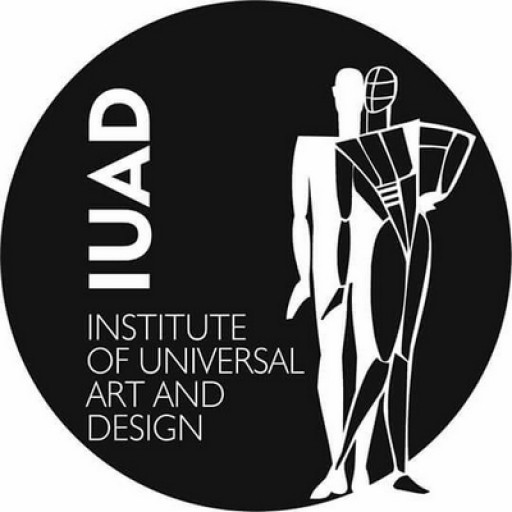Photos of university / #berlininternational
The Bachelor’s degree program in Graphic Design and Visual Communication at Berlin International University of Applied Sciences offers students a comprehensive education in the creative and technical aspects of visual arts, design principles, and communication strategies. This innovative program is designed to equip students with the necessary skills to effectively communicate ideas visually across various media and platforms. Throughout the program, students explore foundational design concepts, including typography, color theory, composition, and visual storytelling, allowing them to develop a strong artistic sensibility and technical competence. The curriculum emphasizes hands-on learning through practical projects, workshops, and collaborations with industry partners, facilitating the application of theoretical knowledge in real-world contexts.
Students gain proficiency in a wide range of digital tools and software, enabling them to create compelling visual content for print, digital, and interactive media. The program also addresses important topics such as user experience (UX) design, branding, advertising, and contextual analysis, preparing graduates for diverse career opportunities in the creative industries. Emphasis is placed on cultivating individual artistic identity while fostering teamwork, strategic thinking, and problem-solving skills vital for success in a competitive global market. The program benefits from the university’s international environment, providing students with a multicultural perspective and networking opportunities that enhance their professional development.
In addition to technical skills, the program emphasizes critical thinking and research abilities, encouraging students to analyze visual culture and innovate within contemporary design practices. Guest lectures, exhibitions, and industry placements are integral components of the degree, giving students exposure to current trends and professional standards. Graduates of the program are well-prepared to pursue careers as graphic designers, visual communicators, art directors, brand consultants, or entrepreneurs within the creative industries. With a focus on sustainability and social responsibility, the program aims to shape design professionals who create meaningful, impactful visual messages that resonate globally while upholding ethical standards.
Educational organisation
Step by step, students learn in small groups how to plan, design and present their projects to a specific target audience. In the basic study period, students acquire the fundamental tools of a designer with examples of basic creative tasks. Interdisciplinary design projects are the focus of the second study period. Using complex real-life tasks, students will develop sustainable and competitive high-level design solutions.
The modules and courses offered vary in type: lectures, seminars, accompanying exercises and projects are part of the curriculum. Common to all courses are small-group approaches, discussions, presenting and defending design ideas as well as evaluating design ideas and projects. The modules and courses build upon each other.
A unique factor of the design programmes at BI is - alongside the strong practice-oriented approach and the interdisciplinary focus of all programmes - the international and intercultural setting of the university: the Global Education Network of BAU universities enables students from Berlin to study and to do research in joint projects with students from other university locations. Thus, the fourth semester can be organised as an exchange semester at another university within the BAU Global Education Network. Additionally, several topic-oriented courses (e.g. photography) are offered at one of the international locations.
Study abroad unit(s)
A study abroad period is not obligatory for students of the programme at Berlin International University of Applied Sciences. Since BI is a part of the BAU Global Education Network, study abroad experiences at other BAU universities or campuses in Istanbul, Washington DC, Rome, Hong Kong, Silicon Valley or Toronto are encouraged.
Internships
An internship of approx. 10 weeks (15 credits) is to be completed by the end of the fifth semester. Programme advisers and a staff member at the Internship Office will assist students in finding an appropriate internship in Germany or abroad.
Forms of assessment
The Communication Design programme at Berlin International comprises 180 ECTS. Examinations vary and include written and oral tasks, as well as a Bachelor's thesis. Details are described in our module handbook (online at http://www.berlin-international.de).
Course objectives
Within the six semester Bachelor's programme at Berlin International University of Applied Sciences, the students will be prepared individually and carefully for their careers. The Bachelor's programme in Graphic Design & Visual Communication integrates digital technologies into creative processes. The study programme at BI offers a practice-oriented education with a well-thought-out combination of practical and theoretical courses. Course content and organisation are oriented towards international, intercultural, and interdisciplinary aspects.
Communication designers inform, explain, and influence services and products: in short, our entire daily life. They work in design or public relations agencies, design departments of companies and organisations, publishing companies, TV stations, or social media networks, in cultural or public institutions. They design pictures, texts, illustrations, books, newspapers, films, and are at home in the Internet medium. They work with printed and digital media in all fields. They work internationally and in an interdisciplinary way in close cooperation with designers and experts from other branches. Communication designers can work nationally and internationally in many different constellations, as graphic designers, motion designers, interface and interaction designers, or web designers.
Language requirements
Applicants must provide proof of their English skills: TOEFL 537 (paper-based), 74 (Internet-based), IELTS 6, FCE B. If the applicant's English skills are not sufficient at the point of application, an English language preparatory course (one to two semesters) may be taken at BI.
Academic requirements
- Abitur, Fachabitur or international equivalent (check ANABIN country-specific regulations or consult us)
- English language skills
If English language skills are not yet advanced enough, an English language preparatory course is offered.
Enrolment fees
A one-time application fee of 100€ for EU Students and 250€ for non-EU Students
Costs of living
Approx. 700-800 EUR per month
Job opportunities
Berlin offers ample opportunities for a wide range of student jobs. German language skills are of advantage.
Funding opportunities within the university
Berlin International offers a scholarship programme for excellent students. Three university-internal scholarships are offered to students of the Bachelor's programme in Communication Design: one 50% scholarship and two 25% scholarships. Applications for scholarships are possible after a letter of acceptance has been received. For more information, please check our homepage or contact the Student Affairs Office.
http://www.berlin-international.de/en/admission
Arrival support
Arrival support can be organised, if needed.
Services and support for international students
International students are assisted by our Students Affairs Officer with general, non-academic issues. An Internship Office assists students in finding fitting internship possibilities in Berlin or elsewhere (also internationally). Due to our excellent staff-student and professor-student ratio, each student will have the opportunity to receive help and assistance in academic and non-academic matters, if required. Cultural events and trips to get acquainted with Berlin and Germany are organised by the BI team. If students choose to live in the apartments provided by the university, English-speaking staff are available.
Accommodation
Accommodation in single or double, fully equipped student apartments can be arranged. The building complex is situated in a quiet and safe residential area in southwest Berlin. The apartment building is well connected via the public transport system to the main campus and to all parts of the city. English-speaking staff are available.
